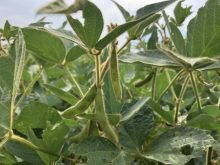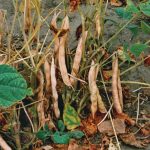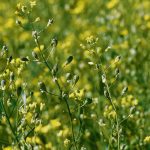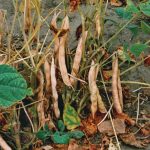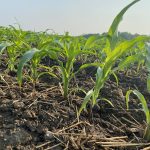Canada has moved to halt exports of Prince Edward Island potatoes to the United States after findings of potato wart in the province last month — on what federal officials describe as the threat of a U.S. ban.
The Canadian Food Inspection Agency said Monday it has “temporarily suspended” exports of fresh potatoes from P.E.I. to the U.S., until further notice.
Federal Agriculture Minister Marie-Claude Bibeau on Monday also announced ministerial orders on the movement of table-grade, processing and seed potatoes from P.E.I. within Canada.
Read Also
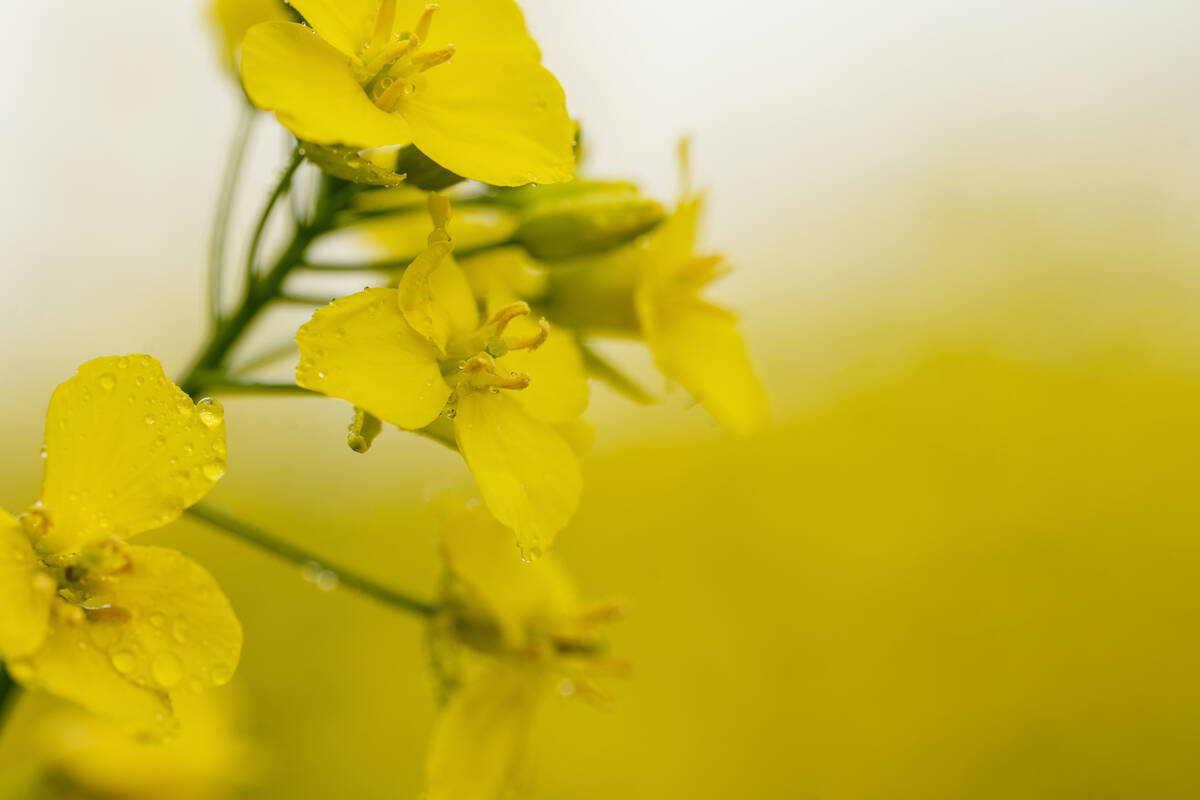
ICE Canada Weekly: U.S. biodiesel mandate will be a boon for canola
Canola is poised for more gains as the trade awaits the Trump administration’s decision on the latest biodiesel mandate, said Jamie Wilton, broker with RJ O’Brien in Winnipeg.
To prevent the disease’s spread within Canada, new measures “may include requirements such as brushing and washing potatoes to remove any soil.” The ministerial order, CFIA said, will ensure “regulated commodities are certified to mitigate concerns related to potato wart.”
Those measures would allow P.E.I. seed potato farms to grow seed potatoes for use within the province, and maintain movement of table stock and processing potatoes to other provinces, the government said.
The orders from Bibeau and CFIA follow federal confirmation of “high levels” of potato wart in two separate P.E.I. processing potato fields on Oct. 1 and 14 respectively, CFIA said.
The two fields were related to previous potato wart detections and were already under regulation, CFIA said. Thus, the fields’ production was at no time destined for the U.S., the province said Monday.
The disease first turned up in P.E.I. in October 2000 and had since been found in 33 other fields there. After a months-long ban on P.E.I. potato exports to the U.S. in 2000, a system was put in place allowing exports from lower-risk zones where the fungus hasn’t been detected and where the same equipment wasn’t used.
While not considered a human health or food safety risk, potato wart is known to drag down crop yields and can make potatoes unmarketable by ruining their appearance.
The disease appears mainly below-ground, on plants’ tubers and runners. It comes from a soil-borne fungal parasite that spreads through movement of affected potatoes, soil, farm equipment and manure from animals that digest infested potatoes.
Potato wart has never been seen in any other Canadian province except Newfoundland and Labrador, where it’s been under “regulatory control” since 1909.
‘Must engage’
After the findings in October, Canada on Nov. 2 suspended movement of seed potatoes from P.E.I. to the U.S.
But despite that and other measures, the U.S. has “expressed serious concerns” over the October cases “and made it clear the U.S. also planned to impose a federal order banning imports of all fresh P.E.I. potatoes if Canada did not act first to suspend trade,” Bibeau said Monday.
A U.S. ban on P.E.I. potatoes, she said, would go “beyond what is necessary to mitigate risk,” because with “proper mitigation measures, the trade of table stock and processing potatoes remains absolutely safe.”
However, “to resume trade as quickly as possible and prevent the imposition of more damaging, long-term measures, we must engage with the United States’ concerns… We do not take this measure lightly.”
The block on P.E.I. exports to the U.S. is in the form of a “suspension of certification” on table stock potatoes and processing potatoes — but won’t apply to already-processed potatoes, such as frozen products, CFIA said.
The U.S. Department of Agriculture’s Animal and Plant Health Inspection Service (APHIS) said Monday it’s also asked U.S. border officials to enforce a ban on imports of soil from P.E.I. and to require used farm machinery, farm tools and farm equipment imported from P.E.I. to be “clean and free from soil.”
Those requirements on equipment movement, CFIA said, “should be considered permanent until further notice.”
Premier Dennis King, in a news conference Monday, said that from the province’s perspective, the decision to issue a federal ministerial order now “goes against the accepted industry safety protocols” and the management plans that have been in place since 2000.
For potato wart, he said, Canada and the U.S. have developed protocols that “both countries follow and have followed and should still be followed.”
Bibeau’s decision, King said, “will potentially cripple our industry and sully our reputation around the world.” He quoted her as saying the decision was being made “to appease a trading partner” and called on her to “put this decision through the shredder immediately.”
Work to restore full access for P.E.I. fresh potatoes is underway, Bibeau said, but the government is also now working on cost-shared business risk management programs for affected growers, along with “collaborative efforts” on how to reroute existing stock in storage in P.E.I.
Bibeau also said the feds will also work with the province “to determine what additional supports may be required.”
Provincial Ag Minister Bloyce Thompson on Monday announced a $10 million contingency fund will be set up to help affected farmers cover some costs and seek other markets for their products. He also said the province will be looking for “significant compensation” from the federal government.
The U.S. in 2020 was by far P.E.I.’s biggest customer for potatoes, taking $476.9 million in fresh or chilled and processed potato goods, or just over 92 per cent of the province’s total potato exports, the province said. Those product categories alone formed almost 84 per cent of the province’s total agricultural and agri-food exports last year.
Greg Donald, general manager of the P.E.I. Potato Board, said Monday that USDA’s request for Canada to pursue a ban on P.E.I. potato exports was “predicated on feedback from a segment of the American potato industry which is advocating for this suspension” and is “solely a politically based trade disruption.”
If the decision isn’t reversed, he said, it will “necessitate the destruction of hundreds of millions of pounds of high-quality fresh potatoes, as potatoes are a perishable crop that cannot be stored indefinitely.”
The board also suggested the federal government seek a reciprocal ban on U.S. potatoes from areas where other regulated potato diseases are known to occur. — Glacier FarmMedia Network










